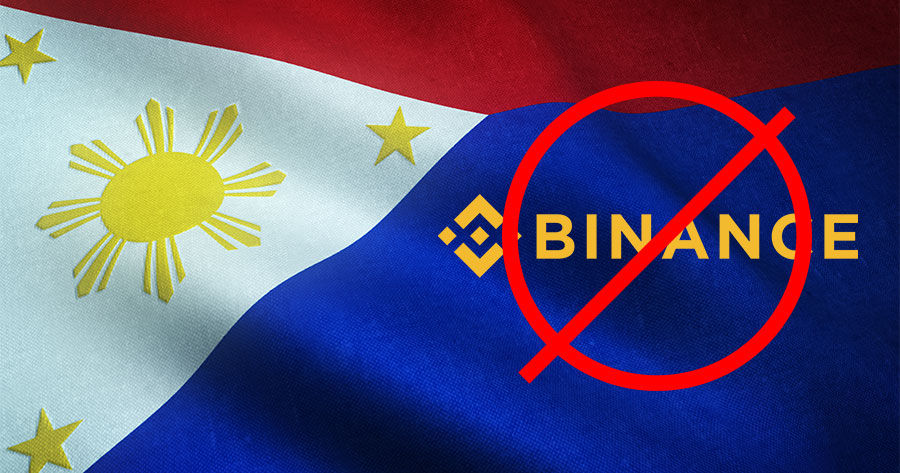The cryptocurrency landscape in the Philippines is set to undergo a significant shift as the country’s Securities and Exchange Commission (SEC) takes decisive action against Binance, the world’s largest crypto exchange. The SEC has successfully secured the green light from the National Telecommunications Commission (NTC) to prohibit local access to Binance’s website and its associated services nationwide.
This move comes after the SEC accused Binance of illegally offering various services, including crypto savings accounts and leveraged trading options, without securing the necessary licenses and authorizations. The regulatory body’s Chairperson, Emilio Aquino, communicated to the NTC that Binance poses a risk to the financial safety of Filipino investors, citing the exchange’s unauthorized operations.
The Philippines is considered a significant market for cryptocurrency adoption, with research suggesting that the country has over 9.3 million cryptocurrency owners, placing it among the top countries in terms of crypto ownership. However, Binance’s operations in the Philippines have been under scrutiny, and the SEC issued a warning in November stating that the exchange was conducting business without the requisite permits.
The SEC’s decision to block Binance’s access in the Philippines is part of a broader regulatory crackdown on unauthorized cryptocurrency activities. The commission has also requested tech giants Google and Meta, the parent company of Facebook, to halt any advertisements by Binance that target Filipino consumers, highlighting concerns over social media promotions aimed at drawing in investors from the Philippines.
Binance’s challenges in the Philippines are not isolated, as the exchange continues to face regulatory hurdles in various countries. In Nigeria, for instance, Binance has been facing severe backlash since February, with its regional manager reportedly fleeing the country using a fake passport amidst an ongoing investigation.
As the regulatory landscape for cryptocurrencies continues to evolve globally, exchanges like Binance are grappling with the need to comply with local regulations and obtain the necessary licenses to operate legally. The Philippine SEC’s action against Binance serves as a reminder of the growing emphasis on investor protection and the importance of adhering to regulatory frameworks in the rapidly expanding world of digital assets.





